Last updated on November 19th, 2023
Featured image: The Jal Mahal ‘Water Palace’ in Jaipur, Rajasthan, India / Photo from Envato
Shared themes and textures make “The Henna Artist” a joy to read
by Carolyn Ray, JourneyWoman
Something I realize when I read a book like The Henna Artist is how connected we are as women. We may be born to different circumstances, but we endure many of the same challenges – we suffer, we learn, we fail, and we get back up again. We persevere.
This book has a female author, female protagonists and takes place largely in all-female settings. Many of the themes in The Henna Artist are universal to us all: suffering, learning, family, love, belonging, even the tension between old and new traditions. From the first page, I felt was if I was stepping into India’s 1950s culture. with wonderful and evocative phrases like ‘gossip-eaters’ – describing the women who spread rumors, and Indian words and phrases that bring this complex country to life.
The storyline is one many women, including myself, can connect to. In this novel, the main character Lakshmi, leaves home alone at 17, escaping an abusive marriage. She reinvents herself as a talented and hard-working henna artist, carefully managing her reputation and her livelihood, pursuing her dream of owning her own house. With the arrival of her younger sister and husband, everything she has cultivated is threatened. Still, she perseveres, lifting up those around her. Isn’t this the story of so many women? Vivid and compelling, this novel shares one woman’s struggle for fulfillment in a society pivoting between the traditional and the modern, exploring themes of personal freedom and choice.
Written over the span of a decade by Alka Joshi, who is now 63, says: “It took me 10 years to really learn how to write The Henna Artist, how to layer it with all of the complexities, and how to grow a character in order for the story to come alive and make it meaningful to so many people,” she tells The National. Published in 2020, The Henna Artist is followed by The Secret Keeper of Jaipur (2021), the former a bestseller on The New York Times list and selected by actress Reese Witherspoon’s Reese’s Book Club. Michael Edelstein, headed NBC studios during its filming of Downton Abbey, is executive producing The Henna Artist with Indian actress Freida Pinto.
Joshi’s first book is being made into a Netflix series
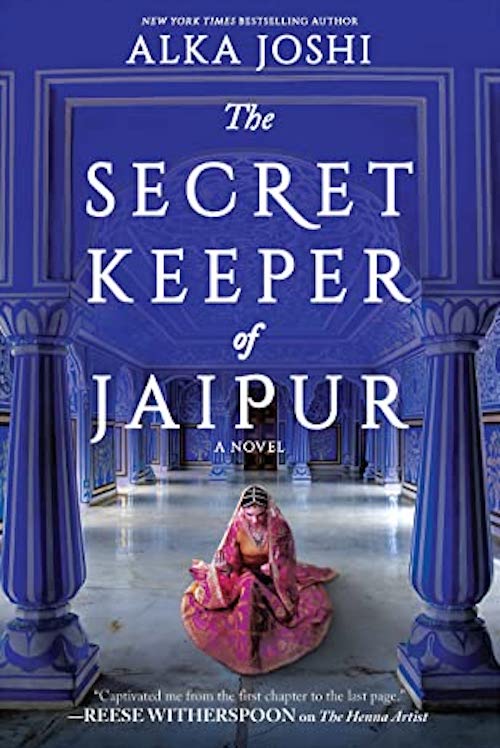
The Secret Keeper of Jaipur is the second in the series. Find it here
“Captivated me from the first chapter to the last page!” –Reese Witherspoon
“[An] eloquent debut…Author Alka Joshi’s evocative descriptions capture India’s sensory ambience (horse-drawn tongas, pungent cooking fires and incense, and colorful saris), drawing readers deep into her moving story. Joshi masterfully balances a yearning for self-discovery with the need for familial love.”—Publishers Weekly
“The Henna Artist” is an amiable and entertaining debut novel about an important theme — balancing family with personal ambition — that allows readers to escape into a fantasy teeming with sensory pleasure.—San Francisco Chronicle
You can help support our Book Club: When you purchase a book using the links on our site, JourneyWoman receives a small commission from the bookseller.
This is one of you ways you can help us maintain our beautiful website and editorial content.
The Henna Artist, by Alka Joshi – set in Jaipur, India
About the Author
Born in Jodhpur, Rajasthan, India, Alka has lived in the U.S. since the age of nine. She has a BA from Stanford University and an MFA from California College of the Arts. She ran her own advertising and PR agency for 30 years. She published her debut novel, The Henna Artist, at the age of 62. Currently, she is working on the screen adaption of The Henna Artist. Alka shares her writing tips on her YouTube Channel here. Learn more about Alka on her website here.
A special Book Club Guest speaker from India
Joining us for this month’s book club is Mariellen Ward. Mariellen lives in Rishikesh, India and runs the award-winning travel site Breathedreamgo, inspired by her extensive travels in India and South Asia. Mariellen has been a long-time writer for JourneyWoman, providing tips on women’s safety, shopping and culture.
She also offers custom tours to India through her company India for Beginners. In 2019, Mariellen received a National Tourism Award for Best Foreign Travel Journalist & Blogger from the Ministry of Tourism, Government of India.
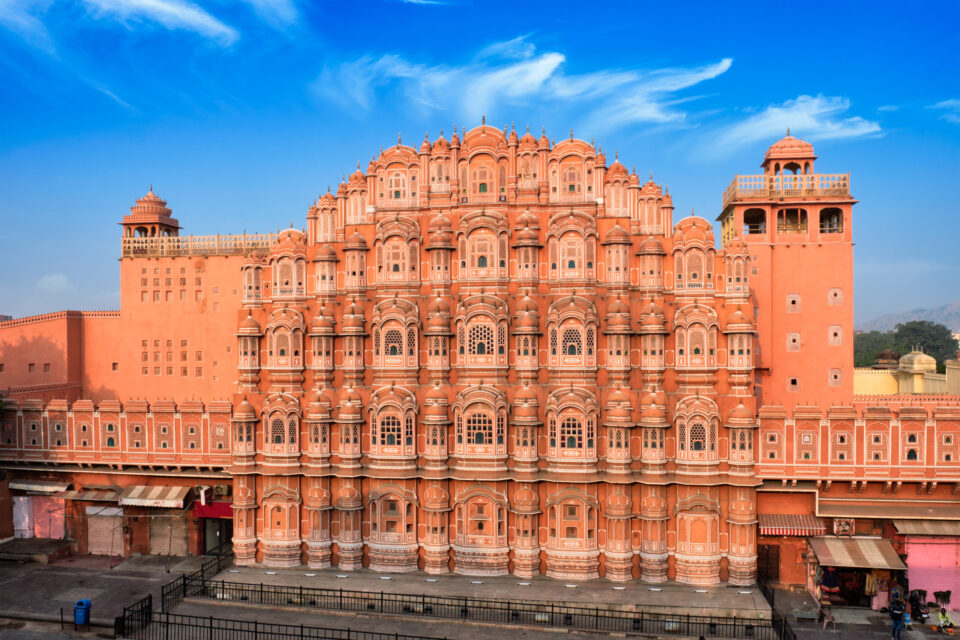
The PinkPalace/ Photo from Envato
About Jaipur, Rajasthan
- Founded in 1727, Jaipur, formerly Jeypore, is the capital and largest city of the Indian state of Rajasthan
- In 2022, India celebrates 75 years of freedom from British rule with its Independence Day on August 15
- The current metro area population of Jaipur in 2022 is 4,107,000, a 2.47% increase from 2021. (Source)
- On 6 July 2019, UNESCO World Heritage Committee inscribed Jaipur the “Pink City of India” among its World Heritage Sites. The city is also home to the UNESCO World Heritage Sites Amer Fort and Jantar Mantar.
Why is Jaipur “The Pink City”
- Maharajah Ram Singh II wanted to impress his British contemporaries. He embellished Jaipur with widespread improvement geared towards public welfare and education in order to reflect modernity. He wanted to prove that Jaipur was a city that possessed progressive qualities.
- Since the color pink was traditionally held as a color of hospitality, Jaipur’s buildings were painted in varying colors of blush, salmon, and pale rose in the 19th century to welcome the visit of Prince Albert Edward (then Prince of Wales and eventually King Edward VII) on his tour of the Indian subcontinent. The neat and broadly laid out avenues painted in pink provided an additional magical charm to the city.
- In order to maintain uniformity, a law was then passed in 1887 by the Maharajah to maintain the pink color for any new buildings constructed within the city. (Source)
Women’s Safety in India
- A 2018 survey conducted by the Thomson Reuters Foundation ranked India as the world’s most dangerous country for women, ahead of Afghanistan, Syria and Saudi Arabia. However, it’s worth noting that survey results are based on the perception of over 500 “experts” & not on the perception of common women in India.
- The government has been quick to question the Reuters survey, but India has no reason to gloat – a look at the official crime statistics for 2016 shows a woman was raped every 13 minutes; six women were gang-raped every day; a bride was murdered for dowry every 69 minutes; and 19 women were attacked with acid every month.
What women say about safety in India
In April 2021, to support a series of classes on women’s self-defense skills, we invited women to share their experiences on personal safety in a global survey. Completed by over 350 women, almost 90% of respondents were age 55 and over.
In our survey, most women agreed that safety is more about a mindset, and less about the destination. “As females, we are vulnerable anywhere.”
Recognizing that safety is subjective, women did recommend the countries below as more or less ‘safe’, based on their own personal experience. Read more here.
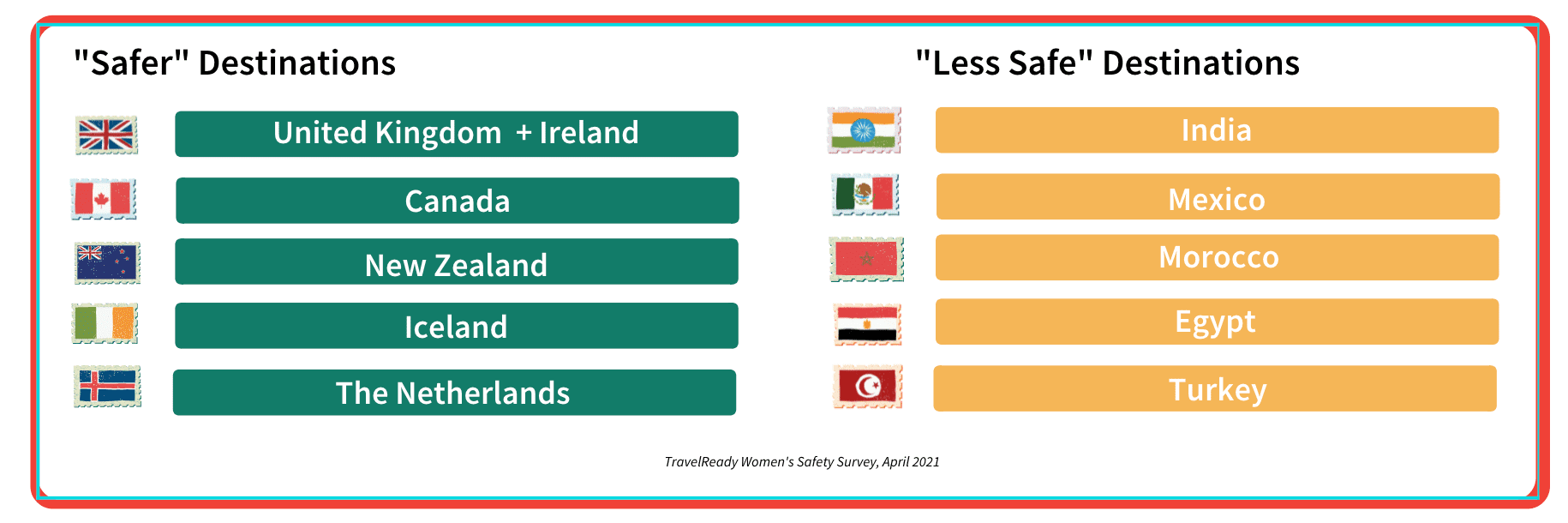
Book Club Discussion Questions (Wednesday, August 20, 2022, 8 pm EDT)
We may not get through all of these, but here are some thoughts to start our discussion!
- What did you love most about this book / or not? What character did you relate to the most (or not)?
- The author says she wrote this novel for her mother, who had an arranged marriage at 18. She says: “She never had the opportunity to choose whom to marry, when to marry, whether or not to have children, whether or not to continue her studies or what she would do with her life. But she made sure that I could make all those choices for myself.” In the novel, Joshi reimagines her mother’s existence, saying her mother wanted her to experience the freedom of choice. What choices do we have that other cultures don’t? What are you most grateful that you have choice for (or not)?
- What has your experience with India been prior to this book? Did the setting feel familiar to you from your own travels there? As a woman, did you find India ‘safe’? What advice would you share with other women who want to travel there?
- In the book, Laksmi says: “There were three kinds of karma: the accumulated karma from all our past lives; the karma we created in this life; and the karma we stored to ripen in our future lives.” Do y ou agree with this? The text is scattered with rituals, proverbs, quotes, and idioms. Did any of them particularly resonate with you?
- The novel gives a glimpse into the caste system in 1950s India. Do you have experience of this kind of social divide in India or in other countries? How has it affected the way you travel?
- Around the world, humans have chosen to adorn their bodies in various ways – from permanently altering their skin or body structure, to ephemeral decorations that wash off at the end of the day. How have you experienced this, in your day-to-day life and in your travels?
- Henna has been used for more than 5000 years to adorn bodies. Have you ever had henna applied, and if so, where? Did you learn anything about henna through reading this book?
- Lakshmi’s mother-in-law gave her a valuable gift in the form of her knowledge of natural medicine. How does Lakshmi use this expertise to help herself and the women around her? How is her approach different from that of Hari, her ex-husband?
- While the book has a female author, female protagonists and takes place largely in all-female settings, it also has complex male characters who act as allies in various ways. What are your thoughts on the characters of Malik? Samir? Dr Kumar? Hari?
- Have you read any other books set in India that you’d like to recommend to the group?
Featured articles on India
The Spice Bowl of India: Kerala, a Soft Landing for Solo Women
Home of Ayurveda, beaches and spices, Kerala offers women culture and cuisine, perfect for a first-time solo traveller to India.
G Adventures Expands Itineraries for Older Women on 2025 Classic, Dr. Jane Goodall Collection and Geluxe Trips
G Adventures is expanding its range of adventure trips for older women, focusing on affordability, longer stays and unique accommodations.
The Widows of Malabar Hill, Based on the Story of India’s First Female Lawyer
Inspired in part by a real woman who became India’s first female lawyer, The Widows of Malabar Hill brings us to 1920s Bombay.
Your Imagination Can Take You Places
Now more than ever, we’re finding camaraderie and inspiration through novels. Join us each month as we discuss a different book, suggested by our community, about a faraway land.

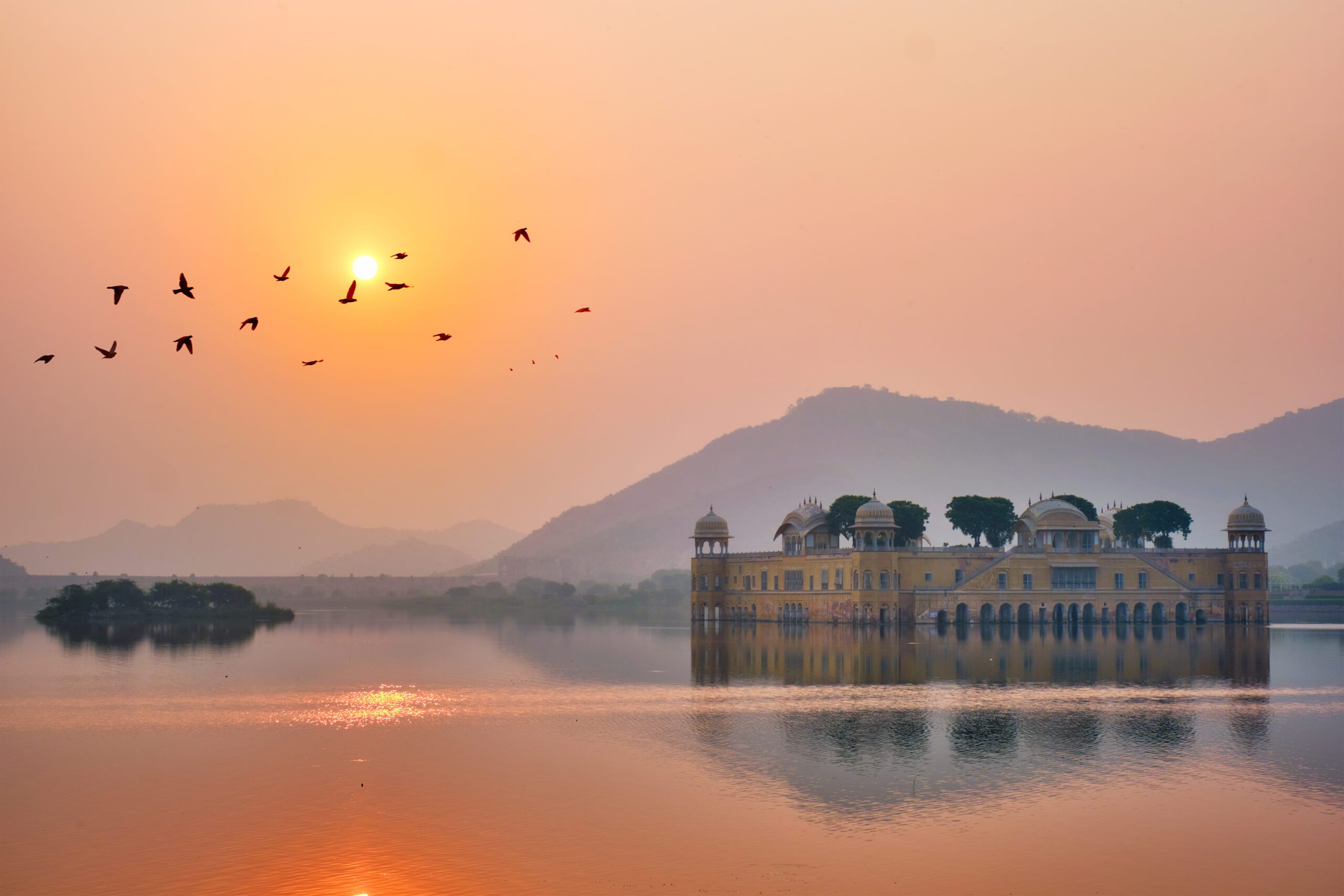

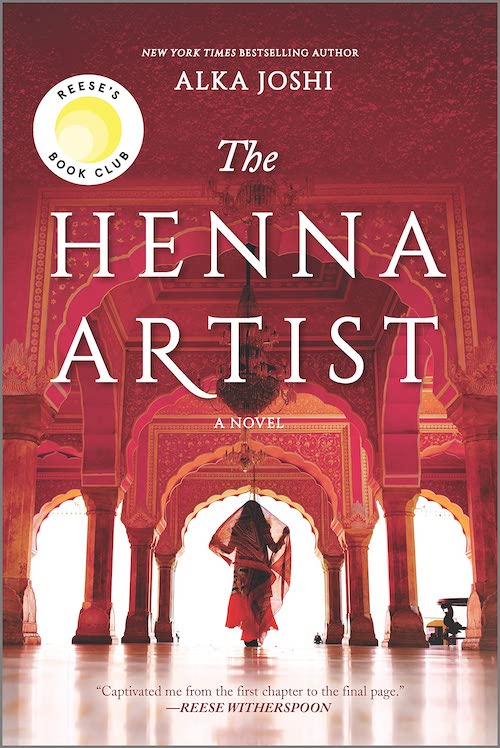

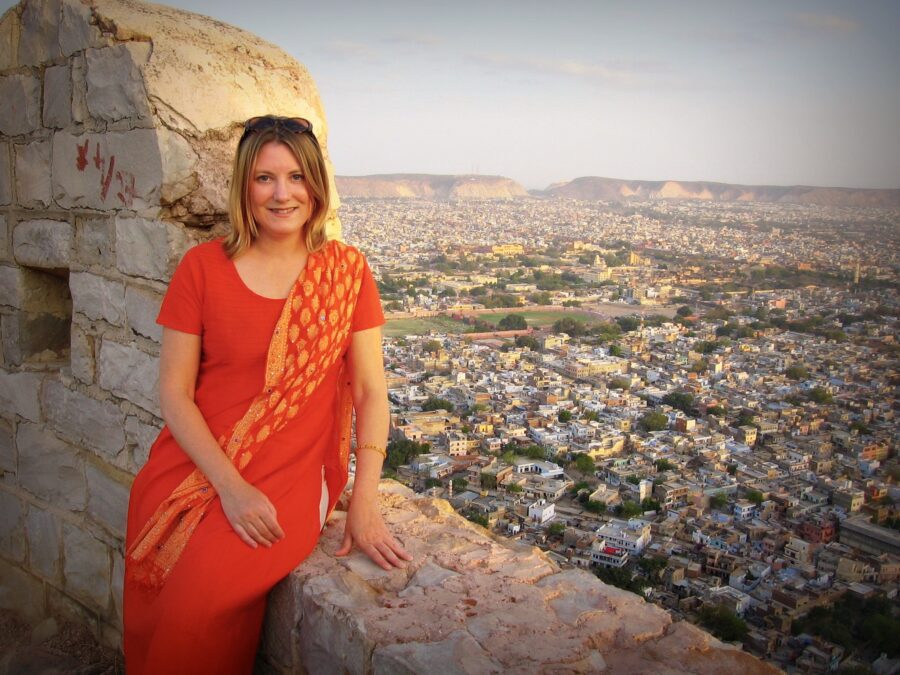
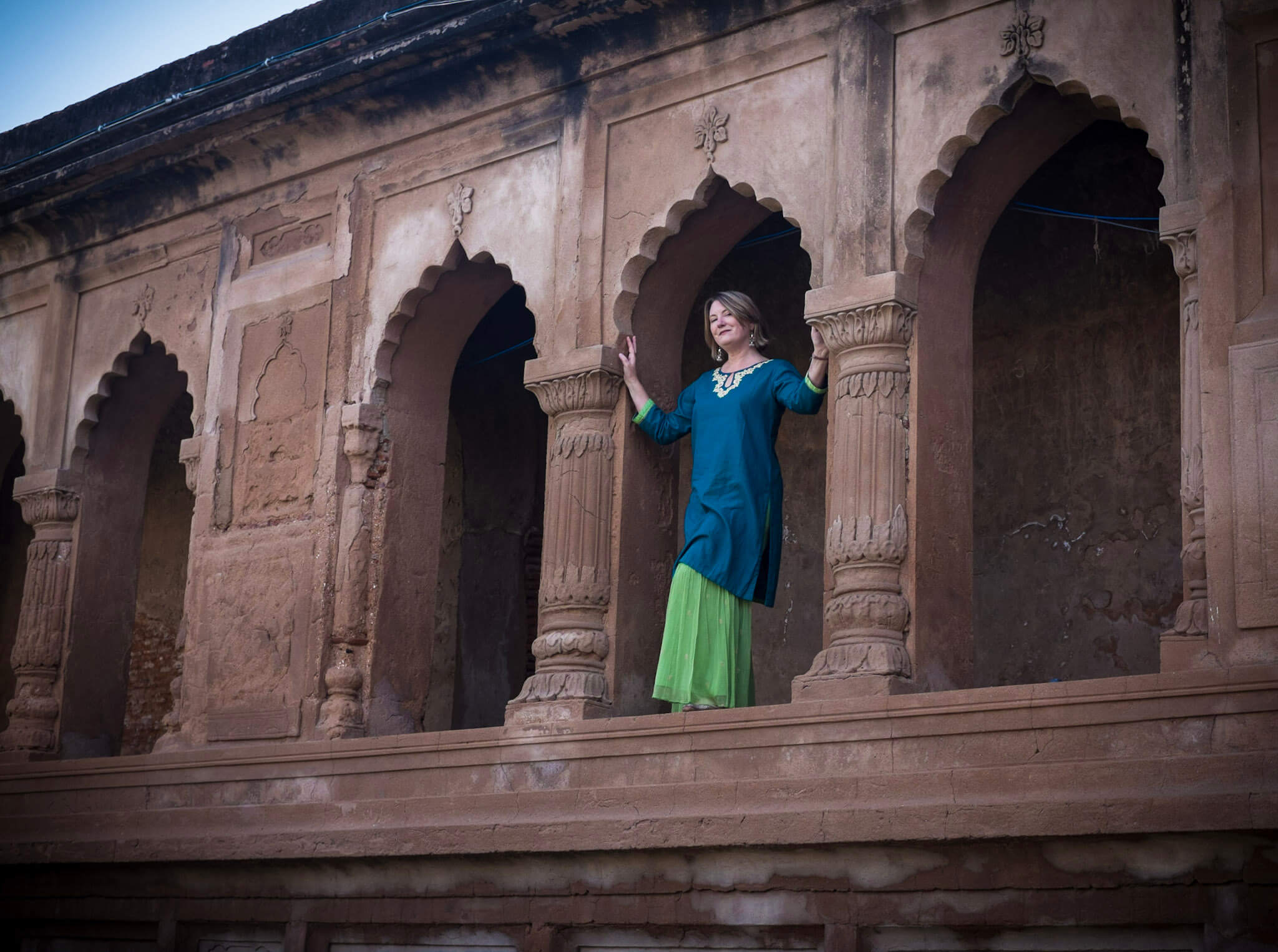
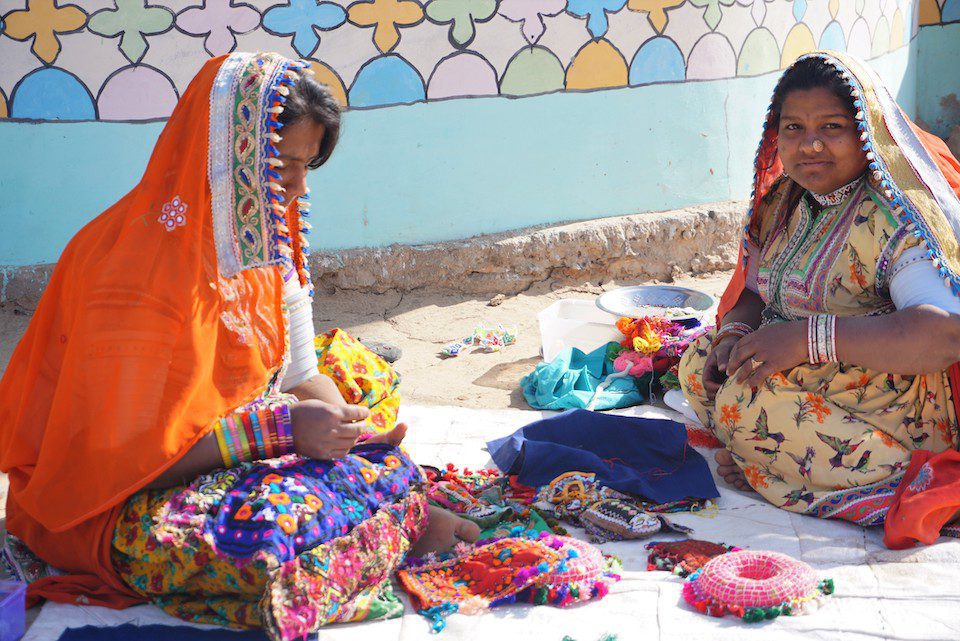


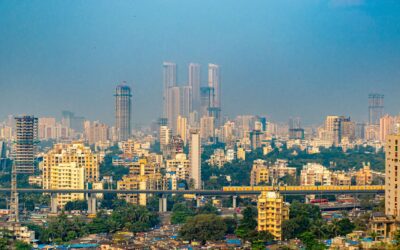
The Henna Artist is a wonderful book. In fact, I read it twice.